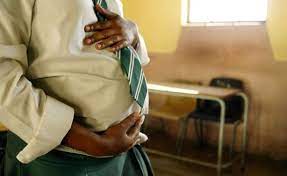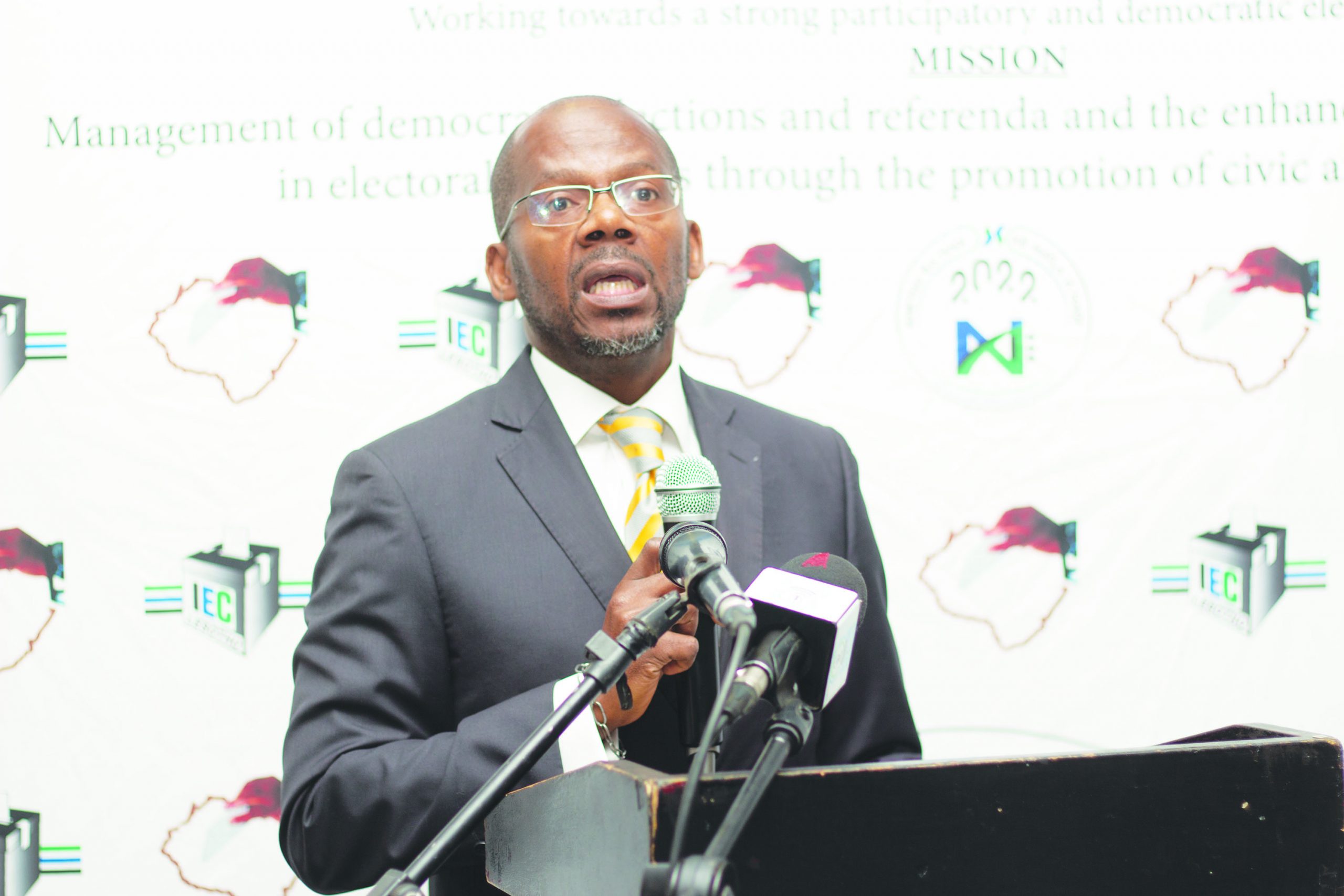Ntsoaki Motaung
30 years Matiisetso Dabesha from Masaleng-Lejoana-Motho in the district of Berea says family planning services, especially commodities like contraceptives are not for married women only.
Dabesha said she believes everyone who is at the age of having kids should not hesitate to take contraceptives to prevent unintended pregnancies.
She said that family planning could also be used as a tool to reduce the number of cases of women who end up resorting to illegal and unsafe abortions or even birth concealment because they did not want to have children.
“As soon as my three girls are old enough I will start to encourage them to use family planning services. Not because I am saying they would have started having sex but to make sure that I equip them with the necessary information so that in the end, they do not get pregnant early and unintended and have to leave school,†she said.
She indicated that when she looked at the rate at which adolescent girls and young women were having babies she really thinks family planning services should not only be considered as things to be used by married women only.
“Gone are the days when family planning was regarded as something for married people only. At the moment unmarried women are having kids more than married ones. Most of the children born from unmarried women are also unplanned,†she said.
Dabesha said this during the visits by journalists to different health centers in the remotest areas of the Leribe and Berea districts.
The visits were supported by the United Nations Population Fund (UNFPA) – a UN agency aimed at improving reproductive and maternal health.
Dabesha said she was open to the idea of adolescent girls accessing family planning to prevent early and unintended pregnancies (EUP) which in turn end up in illegal as well as unsafe abortions.
She said she had been using family planning for about five years now.
“I am currently using contraceptive pills and it is almost five years now. I understand contraceptives are important because they help in the spacing of children,†she said.
Another villager, ‘Mapontšo Pholo, said she was also not against the use of family planning services by adolescent girls.
“I would allow my children to use family planning services. But it is important to also let them know that they are only protecting them from getting pregnant but not from sexually transmitted diseases (STIs),†Pholo said.
UNFPA is supporting Lesotho in the introduction of postpartum family planning, initiation and use of family planning services immediately after childbirth and within the first 12 months following childbirth to reduce maternal and infant morbidity and mortality by preventing unplanned and unwanted pregnancies and to reduce unmet need for family planning among post-partum women.
According to UNFPA, the initiative to offer modern contraception services as part of the care provided during childbirth is expected to also increase contraceptive use and reduce both unintended pregnancies and pregnancies that are too closely spaced.
This is considered to be particularly advantageous to adolescents and young people.
Last year while speaking during the launch of the 2022 State of World Population (SWOP) report, UNFPA’s then representative to Lesotho, Dr Marc Derveeuw, said that the percentage of obstetric and gynaecological admissions due to abortion in Lesotho was highest among adolescent girls aged 10 – 14 at 35.71 percent.
Launched globally under the theme ‘Seeing the Unseen: the case for action in the neglected crisis of unintended pregnancyâ€, the 2022 SWOP reportwasa wake-up call to recognise that unintended pregnancy is not only a women’s concern but a global crisis with global costs.
Derveeuw also revealed that women aged between 25 – 49 also ranked high at 15.53 percent followed by those aged between 20 – 24 at 10.06 percent.
He also revealed that Berea district had the highest number of obstetric and gynaecological admissions due to abortion during the first quarter of the 2019, 2020, and 2022 followed by Maseru with 130 admissions.
He emphasised the need to prioritise prevention of unintended pregnancies.
He said that could be done if women and girls were empowered to make affirmative decisions about sexuality and motherhood.
“For this to happen we must educate young people about sexuality and reproductive health and rights, not only about HIV, and guarantee access to the broadest range of contraceptives and quality sexual and reproductive health care,†he said.
He also highlighted that pregnancy was a choice and contraception was also a choice.
He then called for investment in newer contraceptive methods, reduction of gender inequality, increased access to education, and employment opportunities for women and girls to encourage them to postpone pregnancy.
On behalf of the Ministry of Health, ‘Matsepeli Nchephe repeated that unintended pregnancies were a concern to the country. Nchepe was also speaking the launch of the SWOP report.
She noted that the unmet need for family planning was higher among adolescents at 28.9 percent while it was 18 percent for other women.
She said in as much as the government was doing a lot to address the issue, such as the introduction of comprehensive sexuality education (CSE), community-based distribution of contraceptives, and self-injection depo, there was still more that needed to be done.
Summary
- She said that family planning could also be used as a tool to reduce the number of cases of women who end up resorting to illegal and unsafe abortions or even birth concealment because they did not want to have children.
- Not because I am saying they would have started having sex but to make sure that I equip them with the necessary information so that in the end, they do not get pregnant early and unintended and have to leave school,†she said.
- UNFPA is supporting Lesotho in the introduction of postpartum family planning, initiation and use of family planning services immediately after childbirth and within the first 12 months following childbirth to reduce maternal and infant morbidity and mortality by preventing unplanned and unwanted pregnancies and to reduce unmet need for family planning among post-partum women.

Your Trusted Source for News and Insights in Lesotho!
At Newsday Media, we are passionate about delivering accurate, timely, and engaging news and multimedia content to our diverse audience. Founded with the vision of revolutionizing the media landscape in Lesotho, we have grown into a leading hybrid media company that blends traditional journalism with innovative digital platforms.










